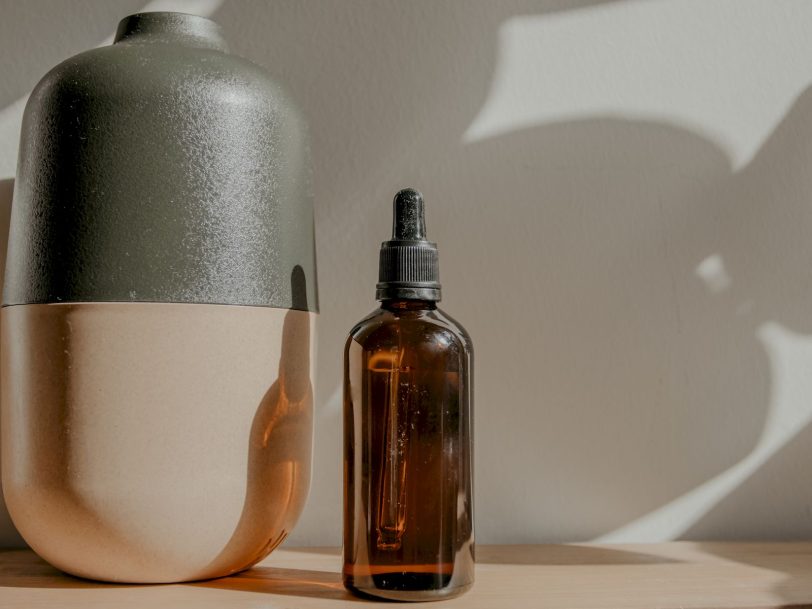Benefits of rosemary oil for skin and hair

It is that this aromatic plant that we usually use to flavor dishes, known for its antibacterial and analgesic properties, also has benefits for the skin and hair.
For this reason, many beauty products include this ingredient in their formulations: from toners that soothe the face, to shampoos that prevent hair loss. And today we have made a selection with several products that will become essential in your toiletry bag. In addition, we explain how to use rosemary oil to take advantage of all its advantages.
Rosemary oil properties
- It acts as a natural antioxidant, thanks to diterpenes, natural organic compounds that form the plant.
- Rosemary also has antibacterial, antiseptic and fungicidal properties.
- It could help in hair growth, as demonstrated by a study published in 2012. It helps to treat conditions such as alopecia, but also others such as dandruff or itchy head.
- Traditionally it has been used as a natural remedy to relieve pain, and one of the proven characteristics of rosemary oil is its mild analgesic effect.
- It also helps reduce stress: its smell has been shown to reduce cortisol levels, the hormone associated with this sensation.
- Promotes blood circulation, as it has the ability to dilate blood vessels. And although this quality is still being investigated, the truth is that it is often used in home massages to relieve the feeling of heaviness in the legs.
What does rosemary oil do on the skin?
Thanks to its antioxidant property, rosemary oil is often used in anti-aging formulas. The advantage is that, being natural, it is suitable for all skin types. It is also used in products such as relaxing massages, due to the calming effect produced by its smell. It is especially useful for people with oily skin and acne, as it helps prevent the appearance of bacteria, and therefore, pimples or blackheads. And also, if combined with other ingredients, it can also be effective for treating cellulite or orange peel.
How to apply rosemary oil on the skin?
Keep in mind that essential oils are easily absorbed when applied to the skin, therefore, to prolong the moisturizing effect, but also to prevent possible irritation, it is advisable to dilute it with other neutral oils such as jojoba. You can also add a few drops of rosemary oil directly on the serum, your usual moisturizer or a body cream.
What does rosemary oil do to hair?
Its antibacterial properties contribute to keeping a clean scalp, keeping conditions such as itchy head or the appearance of acne or dandruff at bay, which is why it is common for it to be part of the formulation of some shampoos. It can also improve the softness and shine of the hair, as well as prevent hair loss.
How to apply rosemary oil to hair?
Avoid applying pure rosemary oil directly to the scalp to prevent possible irritation. Instead, mix it with jojoba oil, for example. Then you can massage your head with your hands, apply it to your hair with the help of a brush and even use the mixture as a mask, before your usual wash. Another option is to add a few drops of rosemary oil to your shampoo, or use one that already contains it in its formulation.